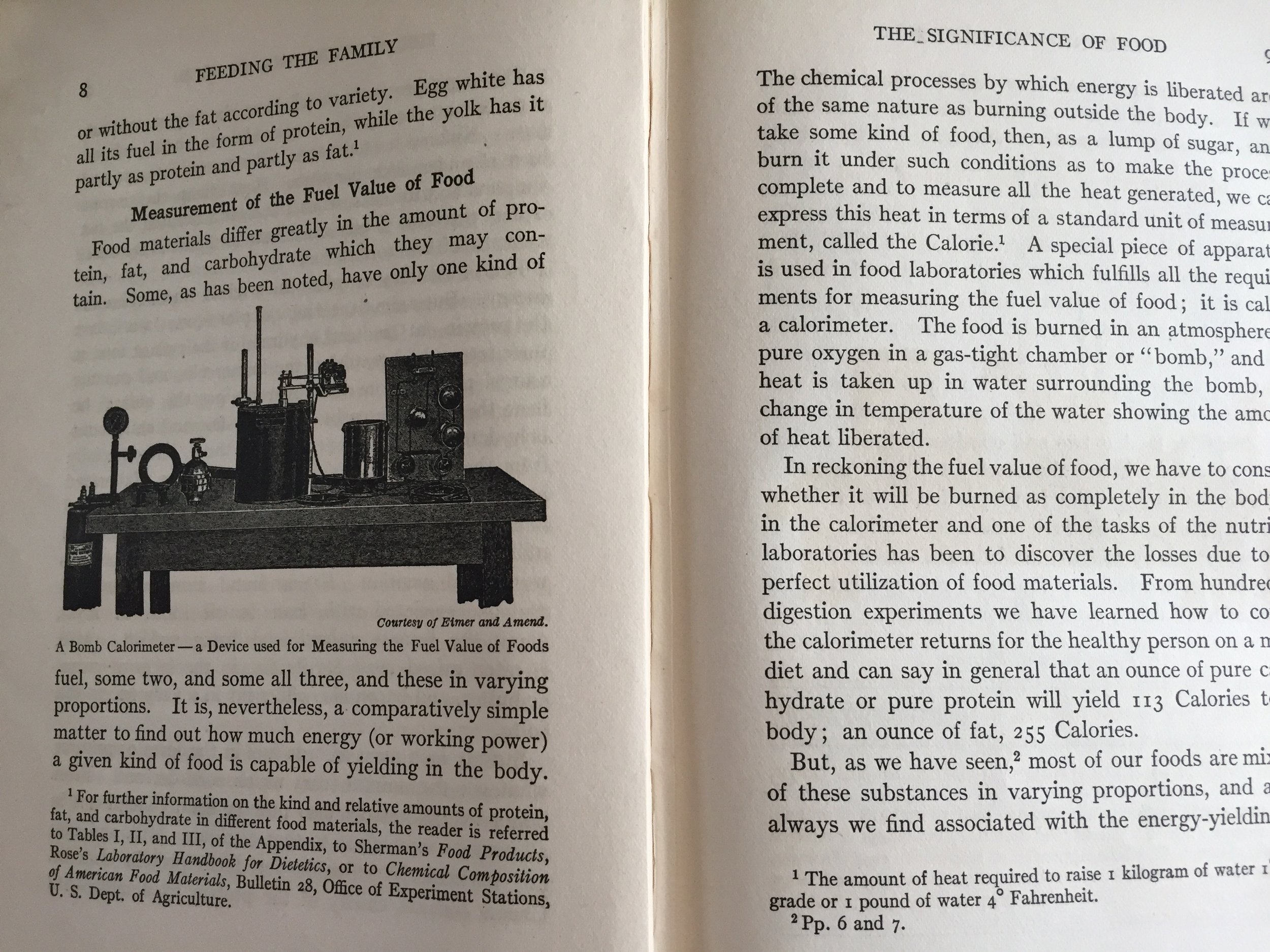#1 – You stop outsourcing your emotional health to food or over-exercise
You can learn the difference between physical and emotional hunger.
Food was created to bring you pleasure, but it is not what heals hurts or brings peace.
Exercise has many ways that it lifts your mood, but there is a point of using exercise to escape struggles vs. helping you overcome them.
When you sit with discomfort and find what actually fills you emotionally, your strength of self grows. Your confidence to live and handle difficult situations increases.
#2 – You have mental space to pursue your dreams
This one is huge.
When your mind is cluttered with searching for the next diet or exercise program, or finding recipes that fit the new fad, or shopping for the latest exercise gear you cannot focus on what really matters most to you in life.
It may even go deeper. If you are staying focused on analyzing food / exercise to avoid dealing with something else, it is time to move forward.
If you are hiding your best self behind counting this or that, trying to control every bite or workout, it is time to open the curtain and step out on your stage.
#3 – You have increased physical energy
You sleep well, you wake up with energy, and it stays consistent throughout the day so you can accomplish your goals and still enjoy family and friends at the end of the day.
#4 – Your ability to enforce boundaries, with yourself and others, improves
Food police? Exercise drill sergeant? No more. Either from others or yourself.
You confidently handle critics.
You also are able to tell yourself “no” when a choice does not value you.
#5 – You have more fun and are more fun to be around
When your excitement comes from discussing the latest fad exercise or diet, it is a boring life.
However, when you have recent adventures or a book you read or a funny family gathering or ____ to talk about, conversations have life in them.
You meet up with people, confident as you accept yourself and others, with less judgement.
Social situations around food are no longer stressful.
You have the physical fitness to enjoy the adventures you want.
#6 – You feel successful, because you are successful
When you learn what works for your body and your lifestyle, and you have the tools and techniques to stick with it, you reach your goals.
You feel successful along the journey because you are living what you value.
#7 – This is a bonus reason because I just had, an hour ago, a conversation with a client and this reason came up – so I added it:
You become a leader and influencer for good in those around you.
This client was waiting on the inspiration to make changes to come from his circle of family and friends. I challenged him “Think about who you want to be. Do you want to be the person who waits to be led or do you want to lead? Do you want to be influenced or do you want to influence?” I challenge you, too. When you find your path to Thrive, you will inspire others to do the same.
This is what finding your path to THRIVE brings you. It is one of the most amazing adventures you’ll ever go on.












